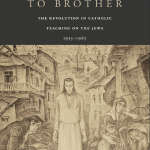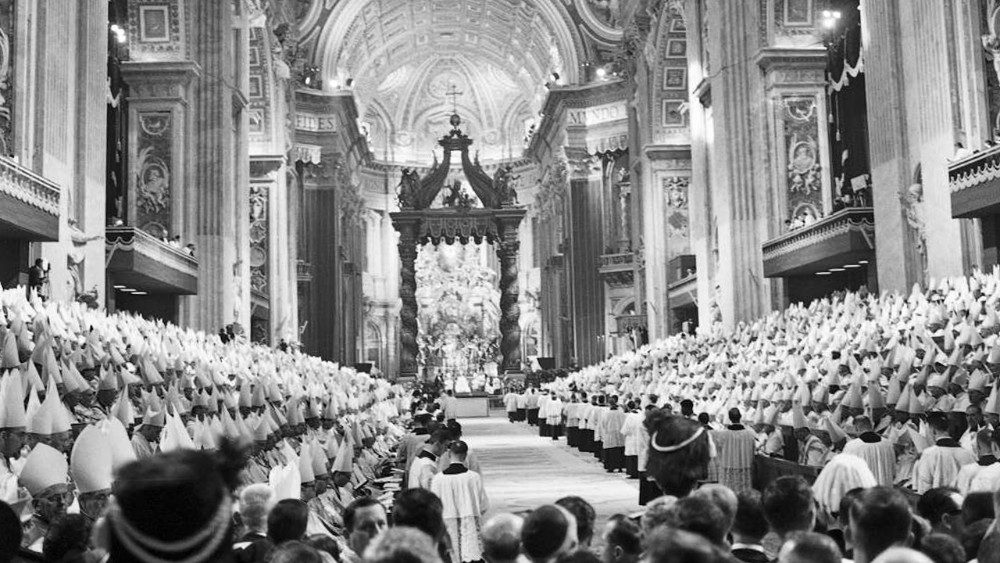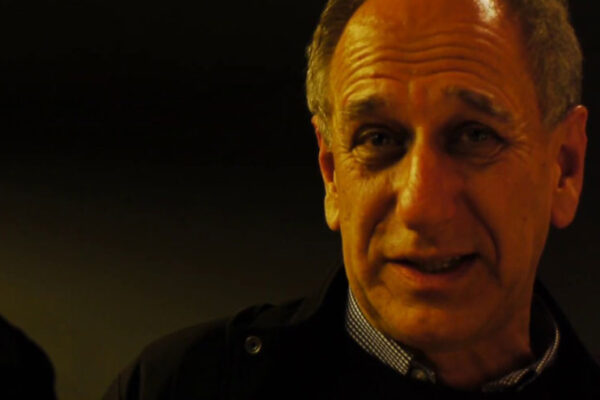John Connelly, From Enemy to Brother: The Revolution in Catholic Teaching on the Jews, 1933-1965, Harvard University Press, 2012
How did an institution whose wisdom is said to be unchanging undertake one of the most enormous, yet undiscussed, ideological swings in modern history?

The radical shift of Vatican II grew out of a buried history, a theological struggle in Central Europe in the years just before the Holocaust, when a small group of Catholic converts (especially former Jew Johannes Oesterreicher and former Protestant Karl Thieme) fought to keep Nazi racism from entering their newfound church.
Through decades of engagement, extending from debates in academic journals, to popular education, to lobbying in the corridors of the Vatican, this unlikely duo overcame the most problematic aspect of Catholic history. Their success came not through appeals to morality but rather from a rediscovery of neglected portions of scripture.
From Enemy to Brother illuminates the baffling silence of the Catholic Church during the Holocaust, showing how the ancient teaching of deicide—according to which the Jews were condemned to suffer until they turned to Christ—constituted the Church’s only language to talk about the Jews.
As he explores the process of theological change, John Connelly moves from the speechless Vatican to those Catholics who endeavored to find a new language to speak to the Jews on the eve of, and in the shadow of, the Holocaust.
Reviews
A brilliantly original and an extremely important reconstruction of what motivated the Roman Catholic Church in the 1960s to declare a new and positive appreciation of Jews and Judaism. –Susannah Heschel, author of The Aryan Jesus: Christian Theologians and the Bible in Nazi Germany
The extraordinary story told by Connelly reveals not only that Catholic magisterium is able to change its mind, but also that a doctrinal renewal of this kind may well begin as a small movement in the Church, frowned upon by the hierarchy, that gradually finds acceptance among Catholic and their theologians to be finally affirmed by the highest authority. In the present winter of the Catholic Church it is good to be reminded of the innovative power of Spirit-guided movements within Catholicism. –Gregory Baum (The Ecumenist 20120601)
A remarkable new book…It is one of the central lessons of Connelly’s book that the bonds of empathy that made Nostra Aetate a historical possibility are far more fragile, and less expansive, than one might care to imagine. The detailed history of its genesis reveals a singular fact: most of the architects of the Catholic statement concerning the Jews in 1965 were themselves, either by descent or practice or public definition, Jews who had converted to Christianity…Connelly has written an important book, an extraordinary work of history. –Peter E. Gordon (New Republic 20120607)









